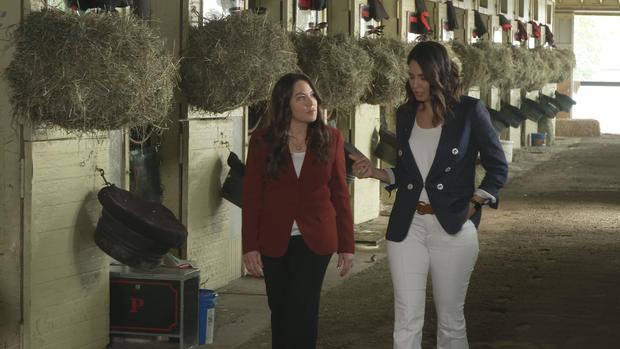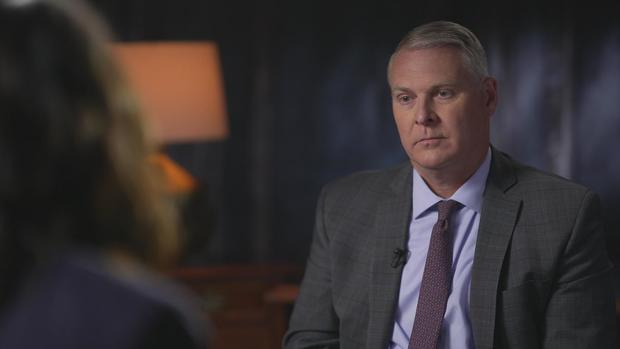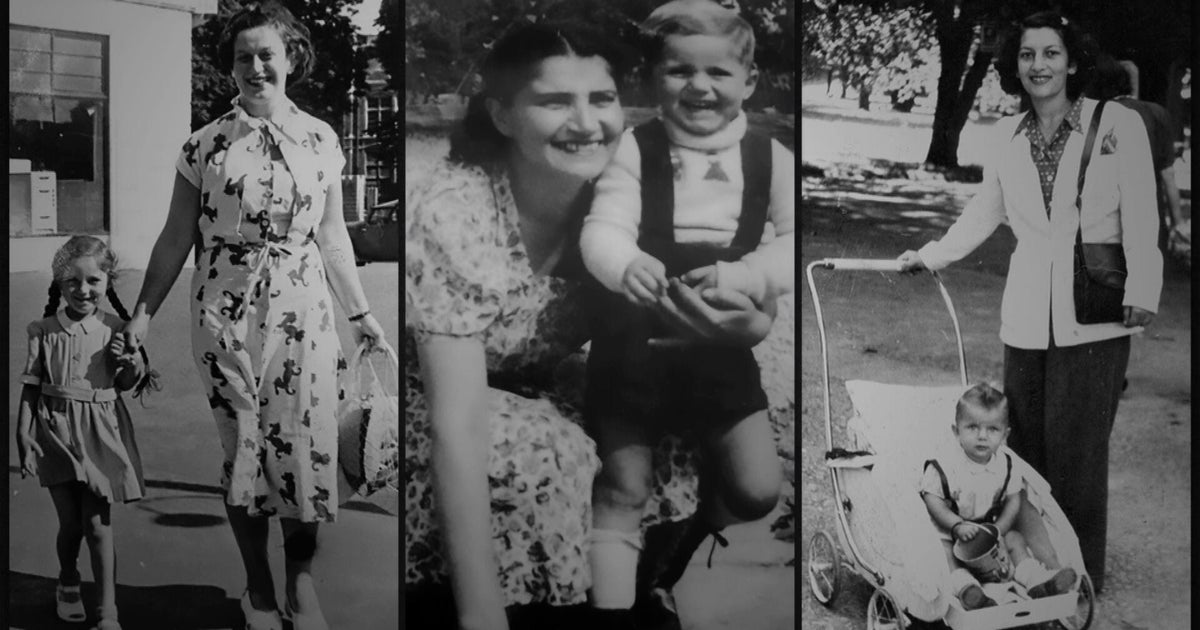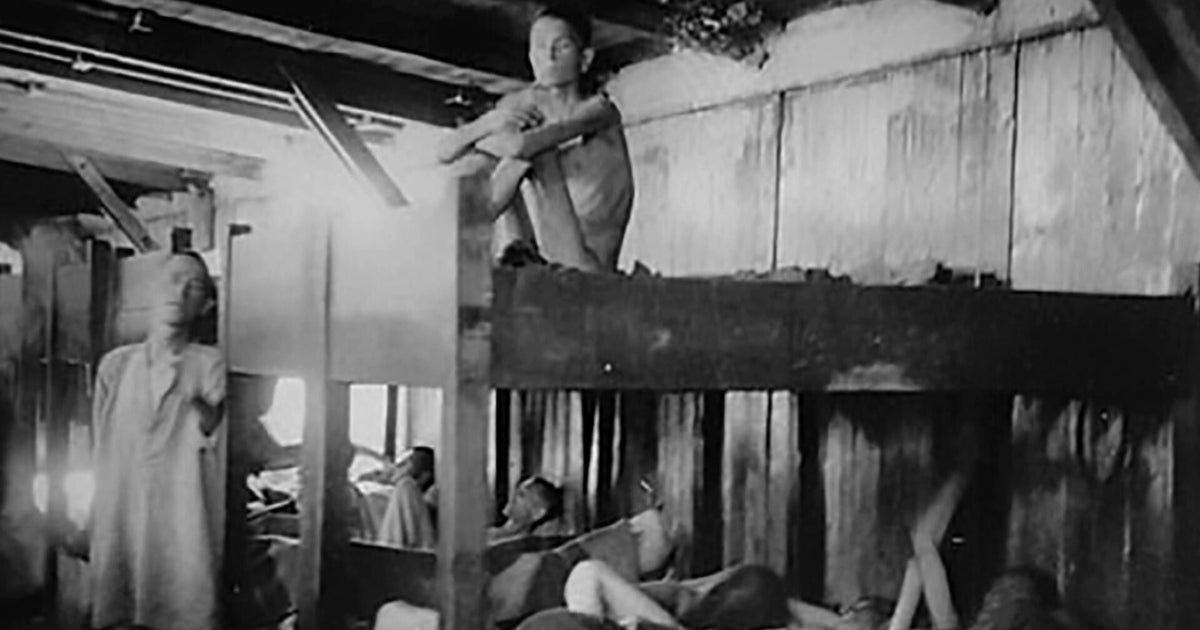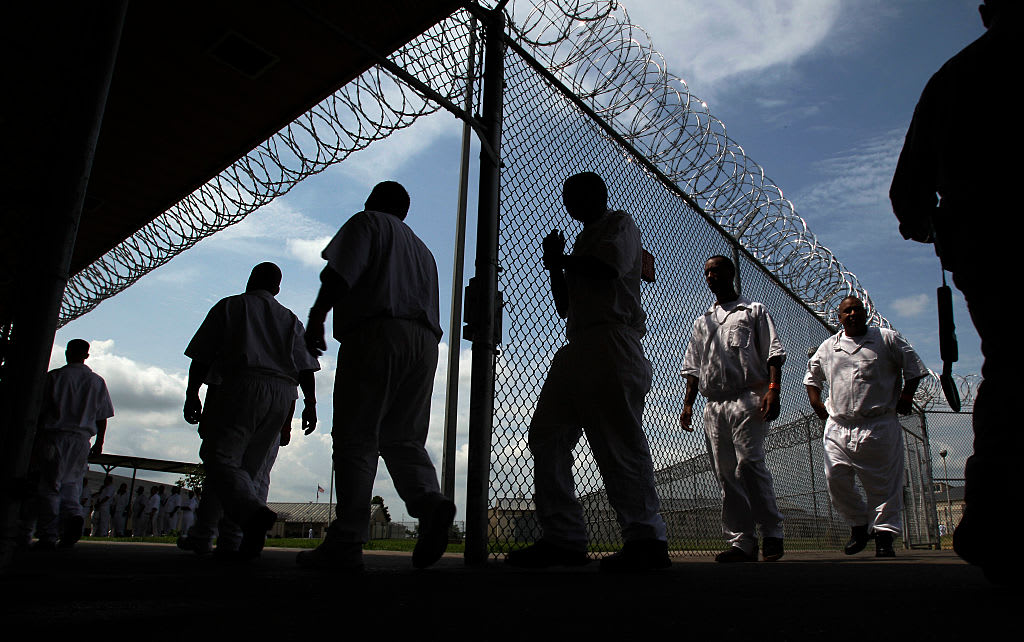Amid doping scandals and deaths, can a new national regulator clean up horse racing?
Shaun Richards spent his childhood on a horse farm and his career busting Russian mobsters; both proved invaluable in infiltrating the dark side of the horse racing world.
The FBI said horse doping led to broken legs, cardiac issues and, in some cases, death. Richards was the lead FBI agent on the doping investigation that led to the conviction of 29 veterinarians, horse trainers and drug distributors.
"It's completely wrong, you know, to, to pump these horses full of stuff that you don't know what's in 'em for a potential chance to win at a higher rate," Richards said. "It's disgusting behavior."
Horse deaths put racing under scrutiny
Last spring, a dozen horses died during the weeks surrounding the Kentucky Derby.
Lisa Lazarus is now charged with making horse racing safer as the chief executive officer of the Horseracing Integrity and Safety Authority (HISA), which was established by Congress to create uniform rules for the sport across the country.
"Now that we have oversight over all of it, I feel a lot more confident that we're going to be able to do our job," Lazarus said.
The horse deaths have added to questions about the future of the sport. Some also question whether HISA can improve safety and stay ahead of corrupt trainers and veterinarians who have taken extraordinary steps to outsmart regulators.
How big of a problem is doping in horse racing?
Stuart Janney, chairman of The Jockey Club — an organization that registers thoroughbreds — testified before Congress in 2018 and called for establishing a national regulator for the sport.
"It's a big problem," Janney told "60 Minutes," when asked about the issue of doping in horse racing. "It strikes at the integrity of the sport. It's not good for the horses. There's just nothing about it that is acceptable."
Horse racing regulation in the last 50 years has been "a failure," according to Janney.
"It's gotten worse," he said. "And quite frankly, states have not done their jobs."
Janney felt urgent action was needed.
"I think you put people away. You send them out of the sport," he said. "And some of them go to jail."
That's exactly what happened in a sweeping federal case that laid out the extent of the corruption, with doping and animal cruelty on full display in the highest levels of the sport.
Investigation into horse doping
Much of the evidence in the investigation that netted more than two dozen convictions started because of one man's gut feeling. Jeff Gural is an owner of Meadowlands Racetrack in New Jersey, the biggest venue in the country for harness racing, a niche betting sport where horses pull drivers in carts.
"You would see horses that were going a certain speed, and then the new trainer would take over, and the next week the horse would be two seconds faster," Gural said.
He said was a red flag to him.
"It's impossible to get a horse to go two seconds faster," he said. "And you would see it consistently."
So the Meadowlands Racetrack operator banned trainers he suspected of doping and hired a retired state police officer to conduct surprise drug tests.
"Most of the samples came back negative, but some came back for drugs that nobody knew about," Gural said.
Gural then joined forces with The Jockey Club, which had hired a firm called 5 Stones intelligence. The firm had worked for the World Anti-Doping Agency's Independent Commission investigating Russian doping.
Janney, the chairman of The Jockey Club, told the firm to go after the people corrupting the sport. Janney got what he wanted.
Investigators from 5 Stones passed their leads to the FBI's Shaun Richards, who gathered a mountain of evidence, including a wiretap where, according to investigators, two high-profile trainers, Jason Servis and Jorge Navarro, discussed just how bad it would be if they got caught with illicit drugs.
Servis trained Maximum Security, the first place finisher at the 2019 Kentucky Derby before the horse was disqualified for interference. Prosecutors say Navarro was known as "The Juice Man" and had a reputation for doping horses. He administered banned drugs to one of his most famous horses, X Y Jet, ahead of a race in Dubai where the horse won a $1.5 million prize. The next year, Navarro announced that X Y Jet died from a heart attack.
Navarro was convicted of one felony count of conspiracy to commit drug adulteration and misbranding. Servis was convicted of two doping related charges: one felony and one misdemeanor.
Servis and Navarro were sentenced to four and five years in prison, respectively.
Can horse racing be reformed?
Lazarus, who joined the Horseracing Integrity and Safety Authority last year, thinks it will take years to fully clean up horse racing.
Since HISA'S anti-doping program began in May, 33 trainers in the U.S. have been suspended for banned substances. This past summer, at the Saratoga Race Course in New York, 13 more horses died. Two horses also died just days before last weekend's Breeders' Cup in California.
"And so we really owe it to those trainers who have spent their lives in this, in this sport and who are, you know, who have an incredible amount of integrity, to get rid of those that don't, to get rid of those that are really tarnishing the sport," Lazarus said.

